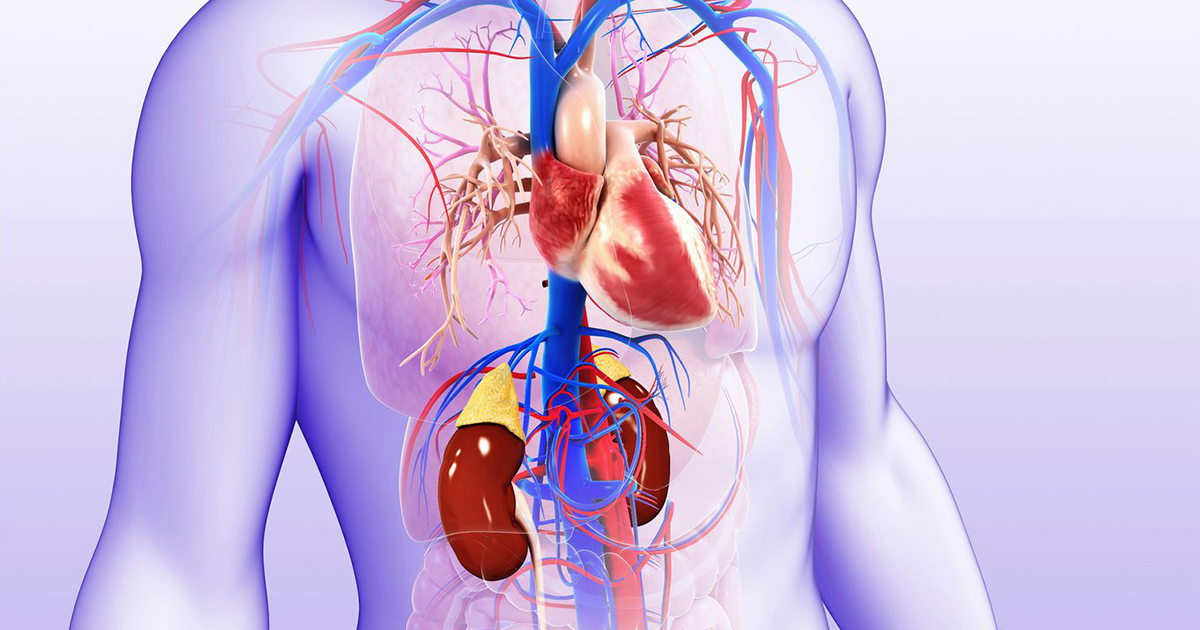Take Charge of Your Health: Strategies for Kidney-Heart-Blood Wellness

Maintaining good health is a priority for everyone, and understanding the intricate relationship between our kidneys, heart, and blood is crucial. These vital organs work in harmony to keep our bodies functioning optimally. Today, we will explore this connection and provide some tips to promote overall wellness.
The Kidney-Heart-Blood Connection
The kidneys and heart are closely intertwined, collaborating to maintain a healthy circulatory system. The heart pumps oxygen-rich blood to the kidneys, allowing them to perform essential functions such as filtering waste products, regulating blood pressure, and maintaining mineral balance. Conversely, if the heart encounters issues, it can disrupt kidney function, leading to a detrimental cycle of organ damage.
Furthermore, blood serves as our bodies' lifeline, transporting oxygen, nutrients, hormones, and immune cells throughout the system. To ensure optimal blood quality and circulation, it is essential to prioritize the health of the kidneys and the heart.
Tips for a Healthier You
Regular Check-ups: Routine medical check-ups are crucial for detecting any early signs of kidney or heart issues. Regular monitoring of blood pressure, blood sugar levels, and kidney function can help identify potential issues and enable timely intervention.
Balanced Diet: Adopting a well-balanced diet can significantly contribute to kidney and heart health. Consider following DASH, Mediterranean, or MIND diets emphasizing fruits, vegetables, whole grains, lean protein, and healthy fats.
Blood Pressure Control: High blood pressure levels are a leading cause of kidney and heart problems. Implement measures to manage and lower blood pressure, such as reducing sodium intake, limiting alcohol consumption, taking prescribed medications, and following a suitable exercise routine.
Cholesterol Management: Elevated cholesterol levels can lead to heart problems and impair blood flow. Maintain a healthy cholesterol profile by consuming low-saturated fat foods, incorporating soluble fiber-rich foods, and avoiding trans fats.
Physical Activity: Regular physical exercise promotes cardiovascular health and improves blood circulation. Even simple activities like walking or light aerobic exercises can have significant benefits. Start with small steps and gradually increase the intensity and duration of your workouts.
Medication Adherence: In some cases, lifestyle modifications may not be sufficient, and medications may be necessary to control blood pressure, cholesterol levels, or other related conditions. Always follow your healthcare provider's instructions regarding medication usage and dosage.
Introducing DTS Therapy
One approach to protecting kidney health and enhancing blood quality is DTS therapy. DTS offers a comprehensive solution that combines advanced technology and traditional Japanese Kampo concepts. Research data reveals that DTS can benefit the kidneys, as reflected in the eGFR levels. Moreover, DTS stands out for its holistic approach to well-being. By supporting kidney health, one of the body's detoxification systems, DTS positively impacts blood quality and overall vitality.
- * All research and clinical data should be used as reference purposes only, results may vary.




